"I won’t stop trying to break down this barrier."
Singer and songwriter, Prianca RA, is an incredibly talented musician who has launched her career with the track ‘SPACECRAFT BURNOUT’.
Emerging from the West Midlands, she aims to redefine the music landscape and has set the standard with her debut song.
Released on December 31, 2021, the soulful and intimate track addresses Prianca’s journey with PTSD.
Taking influence from icons such as Michael Jackson and Drake, Prianca’s debut has similar intoxicating qualities.
The song has an eery presence that is flooded with soothing notes of RnB, trappy drums and uplifting vocals.
Although ‘SPACECRAFT BURNOUT’ is a deeply personal piece that oozes with a modern and urban sound, Prianca’s South Asian roots are present.
The undertone of Bollywood-inspired melodies is truly magical and provides fans with an enriching listening experience.
However, this will come as no surprise given the meaning behind Prianca RA. The ‘RA’ is an extension of the Sanskrit word ‘Priyankara’.
Even though the starlet’s name is spelt differently, Prianca admits the name reminds her of her Indian origins, bringing her closer to home.
This will undoubtedly result in an artistic and sonically diverse catalogue as well as provide the scene with more Desi representation.
Prianca RA is still relatively new within the industry but her musical creativity is a breath of fresh air.
Additionally, her ambitions to address the stigma around mental health and her own journey through music is awe-inspiring.
Given the originality of ‘SPACECRAFT BURNOUT’, the singer’s music has the potential to break down the barriers surrounding taboo subjects.
DESIblitz exclusively caught up with Prianca RA to talk about her debut song and desires within music.
Tell us a bit about yourself and how your love for music began
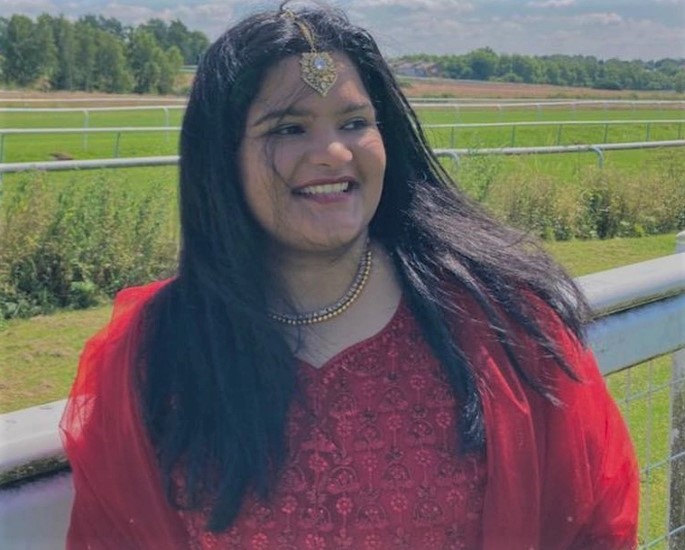
I’m a 24-year-old singer/songwriter from Leicester. I was born and raised in Leicester and been based in the Midlands ever since.
My love for music probably began, or should I say became apparent to others, was when I couldn’t stop singing and dancing to my favourite Bollywood film as a kid, Khabi Kushi Khabi Gham.
There are home videos of me pretending to be Kajol or trying to copy Amitabh Bachchan’s dance routing in ‘Say Shava Shava’.
As a little kid, I was in awe of Bollywood music. I couldn’t really absorb the storylines as much as I could the songs.
From watching K3G countless times, I actually learnt the Indian national anthem and performed it to my mum and grandma.
That’s definitely a special moment for me and the earliest memory of my love for singing.
Which artists/musicians have influenced you and in what ways?
I have been influenced by different artists/musicians throughout different periods of my life.
I would say from the time when I could relate to songs on a deeper level, the artists that influenced me firstly, Michael Jackson.
Michael had a troubled life and you can hear the pain in his voice when he sings. He even said once in an interview that he doesn’t sing songs if he can’t sing with meaning.
“I definitely was influenced by Michael to only sing songs that are personal to me.”
When I was 14 or 15, I listened to Drake on repeat. I guess I was hooked on his silky-smooth unique flows and his storytelling.
The artists that influence me the most now (2022) in terms of giving me inspiration for my music are Halsey and Juice WRLD.
Out of all the artists I listen to, I feel they are the most open to displaying vulnerabilities through their songs.
Showing human-sheltered emotions through songs is a very brave thing to do and Halsey and Juice WRLD have encouraged their fans to be open about their mental health.
What elements make your sound so unique?
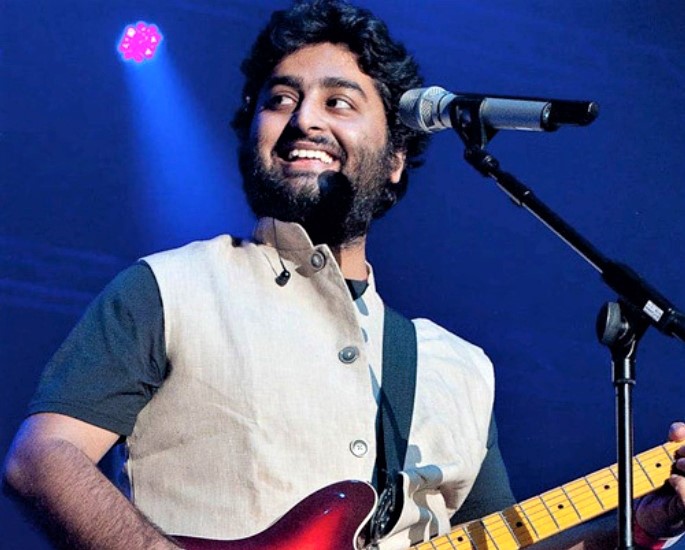
I think I’m quite versatile and soulful.
I have worked with a hip-hop producer previously and I was able to create melodies on trap beats; my debut single ‘SPACECRAFT BURNOUT’ is an example of that.
Additionally, I am very influenced by classical Indian raag and contemporary Bollywood music artists such as Arjit Singh and Rahat Fateh Ali Khan.
I have incorporated some raag into my songs and even sing a couple of lines in Hindi.
All will be revealed once I release my debut album!
What is your creative process like when making music?
There’s no one-size-fits-all process.
My creativity can come to the fore when I hear a beat and I start humming a melody and improvising.
I then start unboxing my thoughts and feelings and when I decide on a theme, I shape those feelings into a song.
“This process was how ‘SPACECRAFT BURNOUT’ was made.”
On the other hand, I could just be immersed in my thoughts and then come up with a way of relaying those thoughts into a verse or two.
I then write all the lyrics incrementally and then try and find the right beat to make a song but this process usually takes longer.
What influenced you to create ‘SPACECRAFT BURNOUT’?

When I was diagnosed with post-traumatic stress disorder (PTSD) in 2019, I didn’t feel I was ever on the same plane as everyone else.
I felt trapped on the outside looking in.
My loved ones tried their best to understand and help but I felt misunderstood and alienated.
The best way to describe this period of my life was being on a spacecraft by myself and travelling to a past reality called Fireland where I was faced with ghosts of my past.
When faced with ghosts of my past, I was in self-destruct mode and that was impacting my family and friends.
I spiralled out of control and the destruction caused felt like fire where one little flame (or reminder from my past) could lead to a conflagration.
What has the reaction been like to the track?
Very positive so far.
I have been touched by the lovely comments and I have been happy to address any questions about the meaning behind the song.
“Those who were there with me at the destruction stage and were there for me during my recovery stage were emotional.”
They listened to the song and they are happy that I am channelling my mental health struggles in a positive way and creating art from it.
Why was it important for you to address PTSD in the song?
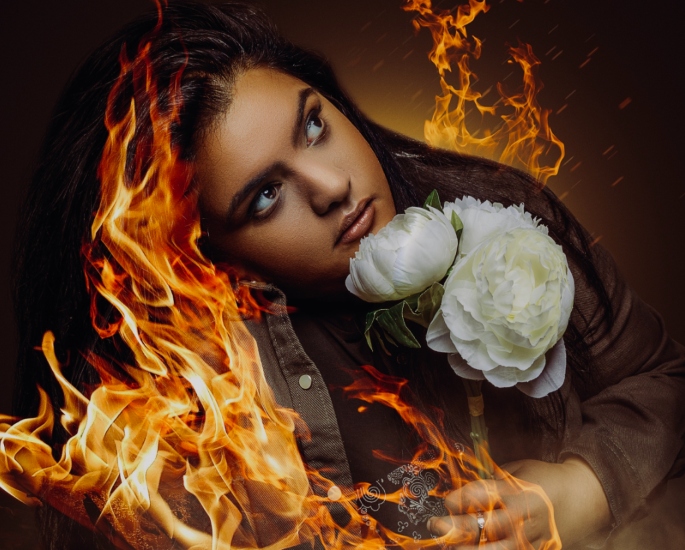
Songs have been made that PTSD survivors can listen to and relate to but the songs themselves aren’t necessarily about PTSD.
I want to talk about my story and describe how it was for me and directly address the subject.
I’ve heard of PTSD feeling like an out-of-body experience but I couldn’t relate to that.
I felt very much in my body but teleported to the past again where I was re-living trauma.
I was connected to my loved ones by, what felt like, a very frail string that could break unless I didn’t come to terms with my condition, seek help and lift myself out of Fireland.
Perhaps the analogy I’ve painted here could resonate with other PTSD survivors – that’s the hope.
Also, I would welcome messages from anyone who can relate to keep the narrative going.
What effect would you like the song/future music to have on fans?
I want to empower others as well as inspire them. For the foreseeable future, I will be singing about mental health.
I want to show through my music that recovery is not a linear process, there will be days that are harder than others and that is okay.
Also, I have reached a point where I am still on a journey where ultimately I don’t want to seek external validation and encourage my fans to do the same.
We live in a world where social media pictures can show a different story from reality.
“I want to break down pretences and really show my authentic self through my songs.”
I would welcome any fan of mine to reach out and message me on Instagram.
Also, I would love to one day do a live stream and wellbeing session to establish a personal rapport with fans. That is a goal of mine for the future.
Do you think music can be healing? If so, how?
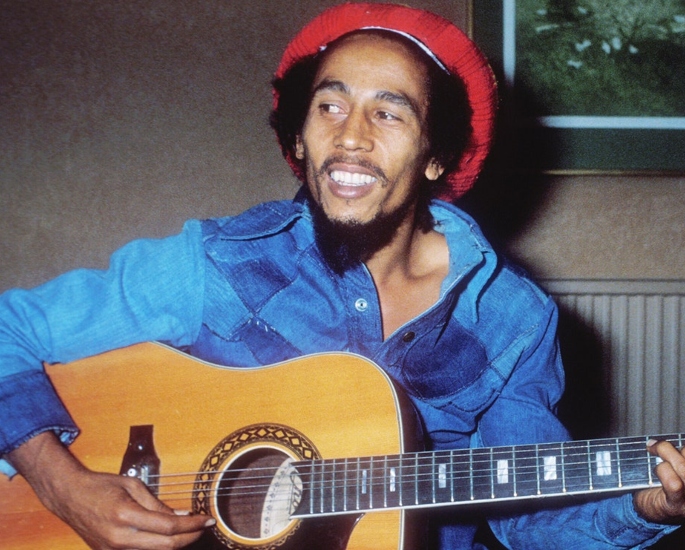
100%. Music has a way of changing your mood straight away.
In the words of Bob Marley, “when the music hits you, you feel no pain”.
It has been proven that music can help your brain get into a meditative state, help you reach your resting heart rate and it can help destress.
I, for one, have a ‘feel good playlist’ and it has not let me down yet. After listening to it, I feel positive and optimistic.
Do you think mental health is still taboo, especially in South Asian communities?
Definitely. I was told not to talk about being on antidepressants and I was told to ‘get up and get on with it’.
These are very common patterns of behaviour amongst South Asian communities. Reputation and family honour are prioritised over mental health and that is not okay.
I personally have been judged for taking time out of university.
I’ve been asked the questions Asian uncles and aunties ask at family gatherings – ‘what is going on with you? What do you want to do as a career?’.
I feel like the generation of today are validated on what university we went to, what our profession is, how busy we are or we seem to be in life.
“I used to dread family gatherings and think about how am I going to address these uncomfortable questions.”
So the one time I did have the courage to say I have taken time out of university to take time out for myself and heal I received mixed responses.
Some were understanding but some couldn’t understand why I needed that.
I received responses like ‘ok so how many years do you need to take to finish your undergraduate degree now? 5 years?’.
People within the South Asian community need to realise that a person’s success isn’t based on how quick they are to ‘win the race’.
No race needs to be won, people travel on their own journey at their own pace and shouldn’t be judged on what they do for a living.
A person should be judged by the content of their character, not how much their salary is or why they took time out of university to focus on their mental health.
That will be a big step in breaking down the stigma.
Are there any barriers you hope to break down with your music?
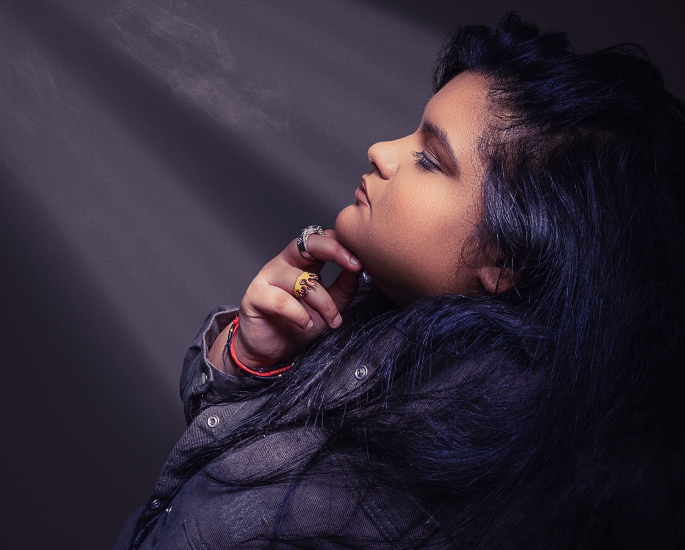
The barrier is addressed above. Namely the normalised behaviour of sweeping mental health under the carpet in the South Asian communities.
I hope my music will pave the way within my circle at least, to finally make those who judged me understand just how much they hurt me.
When they invalidated my mental health struggles and wanted to know how someone ‘in my position of privilege’ could have so many problems to ‘complain about’ hurt me.
I won’t stop trying to break down this barrier.
The other barrier I want to break down is when others see, for example, before and after pictures on social media.
They hear about how great a person is doing and how they have overcome hurdles.
But, there aren’t the same number of posts showing how difficult it can be just getting out of bed in the morning.
The barrier I want to break down and sing about is that recovery is not a linear process.
There will be days that are so much harder than others and you should not feel ashamed for those days or think you are taking a step back in your recovery journey.
It’s helpful to think about how far you have come on these days. You haven’t stopped, you are just taking a pause because you need it.
Looking Forward
It comes as no shock to see how energetic Prianca’s appetite for music is.
Even in these early stages of her career, the star’s yearning to succeed and artistic talents is both motivating and exciting.
The narrative on her own struggles in ‘SPACECRAFT BURNOUT’ provides an affectionate look into Prianca’s journey.
However, it also gives an encouraging platform for more people to converse about mental health and its effects.
Just as Prianca RA sees music as a healing medium, she hopes her own tracks will provide listeners with the same warmth:
“I’m looking forward to releasing my second single in the next few months about recovery not being a linear process.
“Then I will release my debut album later on in 2022. Watch this space.”
Fans and musicians alike will surely keep their eyes on Prianca RA as she evolves even further as an artist.
Listen to the superb and dazzling ‘SPACECRAFT BURNOUT’ here.






























































